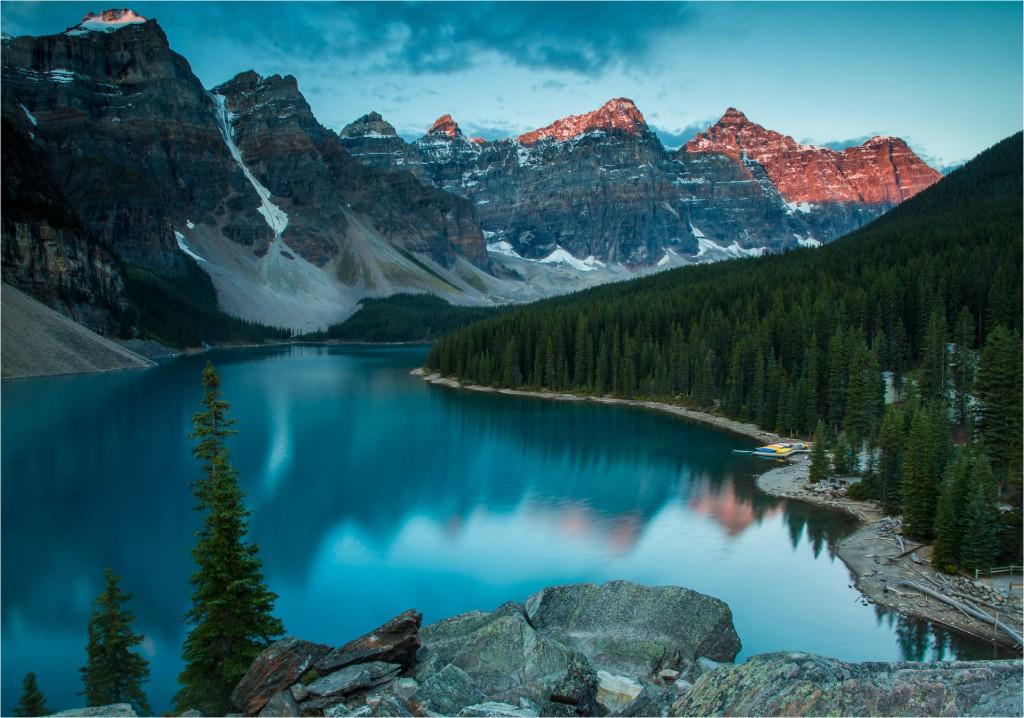On October 19th, Canadian parliament passed Prime Minister Stephen Harper’s legislation to revoke the ‘protected’ status of tens of thousands of Canada’s treasured waterways and aquatic bodies. The new law replaces the Navigable Waters Act (NWA), which had been in place since 1982. The NWA proclaimed it illegal to block, alter, or destroy any body of water sufficiently deep to float a canoe. Emma Lui, a passionate environmental activist and member of the Council of Canadians stated that “there are at least 31,752 lakes in Canada,” and that now “only 97 of those lakes, 62 rivers, and three oceans will remain protected.” While Harper’s recent move has been met with only modest media attention, the consequences of this legislation’s passing are without a doubt, alarming, and relevant to all Canadians.
Repealing protected status entails multiple amendments being made to the regulations associated with the bodies of water in question. Most importantly, the law mitigates the stringent criteria business enterprises had previously needed to satisfy while operating in proximity to protected waterways. Businesses may now, with greater ease, begin projects with potential to cause environmental harm or destruction. Such projects include dams, mines, oil extraction, electrical power lines, and pipelines. Athabascan First Nation Chief, Allan Adam, is of the countless aboriginal bands gravely concerned with Harper’s move. Adam spoke with Council of Canadians reporter Brent Patterson, remarking that “…this in an indication of corruption in our government. I hope there will be a public outcry that echoes our sentiment. After all, we all share the responsibility to protect mother Earth.”
The new act protects only Canada’s most heavily used waterways. Intended to stimulate the economy though encouraging large-scale projects, the law devalues environmental wellbeing, and will surely result in the damaging of natural lands. Environmentalism has clearly lost this battle; activists can only hope that corporations will respect the necessity to preserve the nature of Canada, and not exploit Harper’s new, more lenient parameters.















